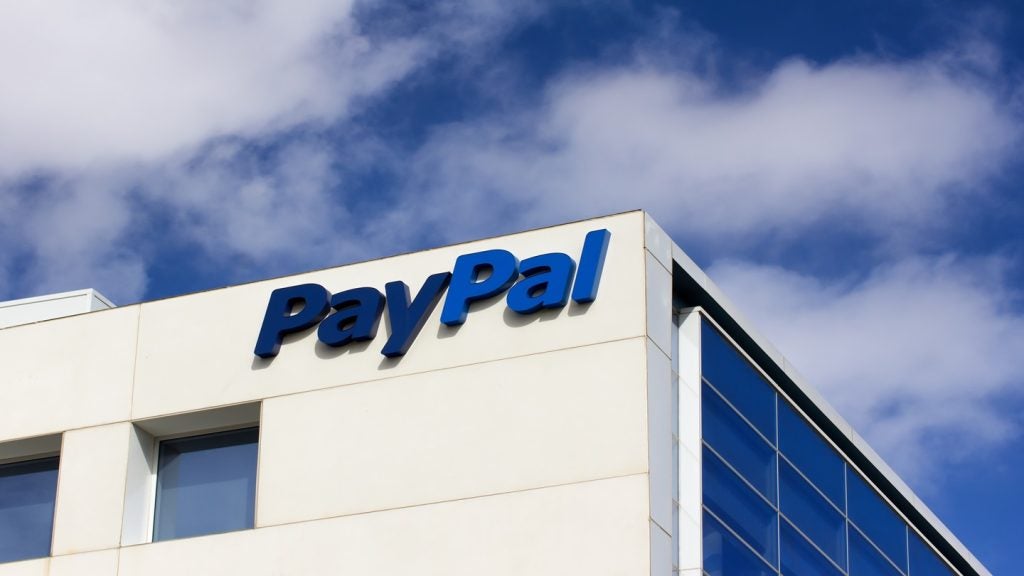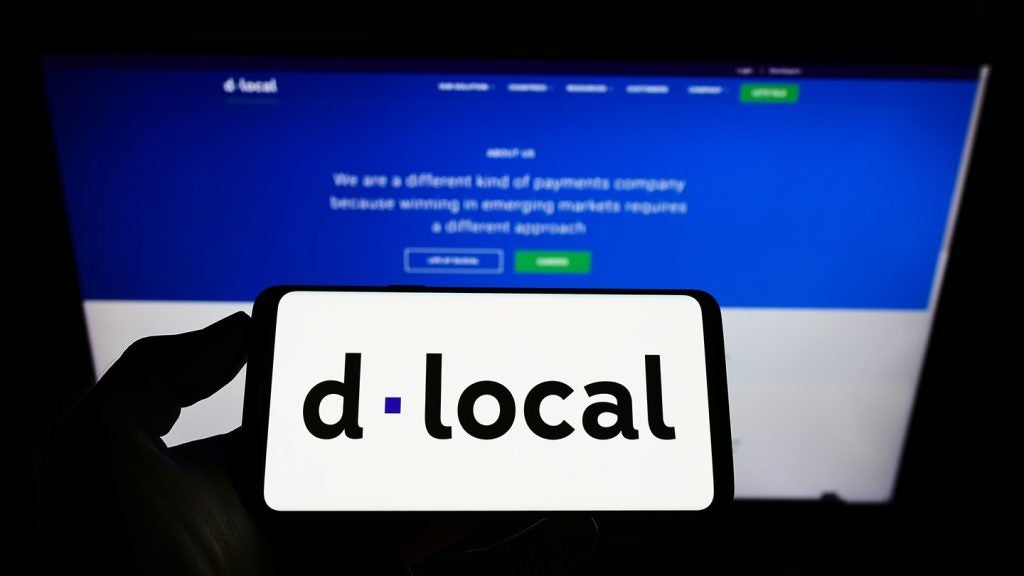The Saudi Central Bank (SAMA) has granted Spotii and Madfu permits to carry out Buy Now Pay Later (BNPL) solutions. This relates to Saudi Central Bank Law and Finance Companies Control Law for providing finance to customers wishing to purchase products or services from merchants without incurring term financing cost.
SAMA says that the initiative aims to entice a new segment of investors and companies that can bring added value to the sector for more efficient operation. At the same time, the firms must maintain full adherence to the regulatory and supervisory guidelines defined by SAMA.
SAMA says that it is constantly striving to support the finance sector and fintech. The aim is to enhance operational efficiency to promote financial inclusion for the various segments of the society in the Kingdom.
Said SAMA: “Granting permits to BNPL companies is a step towards achieving the objectives of the fintech strategy in its pursuit to make Saudi Arabia among the leading countries in fintech.”
Australia-based Zip acquired UAE-headquartered Spotii in 2021. In the past year, Zip’s share price is down by 40%. At its current share price of A$0.54, it is down by 95% since it peaked at A$12.35 in February 2021.
Madfu is headquartered in Riyadh. It raised $1.3m in a pre-seed funding round in November 2022.
How well do you really know your competitors?
Access the most comprehensive Company Profiles on the market, powered by GlobalData. Save hours of research. Gain competitive edge.

Thank you!
Your download email will arrive shortly
Not ready to buy yet? Download a free sample
We are confident about the unique quality of our Company Profiles. However, we want you to make the most beneficial decision for your business, so we offer a free sample that you can download by submitting the below form
By GlobalDataCash displacement gathers pace in Saudi
Cash has traditionally been the preferred method of payment in Saudi Arabia. It accounts for an estimated 66.7% of total payment transaction volume in 2022, according to GlobalData, publishers of EPI.
However, its share declined from 91.6% in 2018. Covid resulted in a significant shift in consumer preferences towards the use of cashless methods of payment. In terms of transaction value, cash use declined by 4.3% in 2021 while card payments saw 30.7% growth. The same trend was witnessed in 2022. Cash payments registered a 7.9% decline while card payments recorded growth of 23.3%.
The Saudi Arabia card payments market is expected to grow by 14.6% in 2023, according to GlobalData.
SAMA has licensed several companies to join its fintech regulatory sandbox. The aim is to aim foster development and enhance competition in the country’s financial services sector.
To promote electronic payments, SAMA passed a new regulation that requires all retailers operating in the country to provide electronic payment methods authorised by SAMA. This includes POS terminals and QR codes, effective from August, 2020. This was the sixth phase of the initiative. In 2019. In the first phase, electronic payment methods were mandated at fuel stations effective from July 2019. This was extended to workshops in phase two. The third phase (effective from April 1, 2020) included personal services such as laundry and salons. The fourth phase included grocery stores and the fifth phase included cafés and restaurants.







